What are you looking for?
Jesus washes the disciples’ feet
355 $
Mary took from the good of the wealthy, sincere, the most trick, and the feet of Jesus, and I wiped his feet.
Product specifications:
- Delivery is available within 15 days
- Bethlehem Jewelry Factory Holy Land, Israel
-
Material: Olive wood
Weight : 3.88 LB (1764gr)
Length: 10 inches (250mm)
Width: 10 inches (250mm)
Height: 7 inches (160mm)
- Resizable: No
- Made in the Holy Land

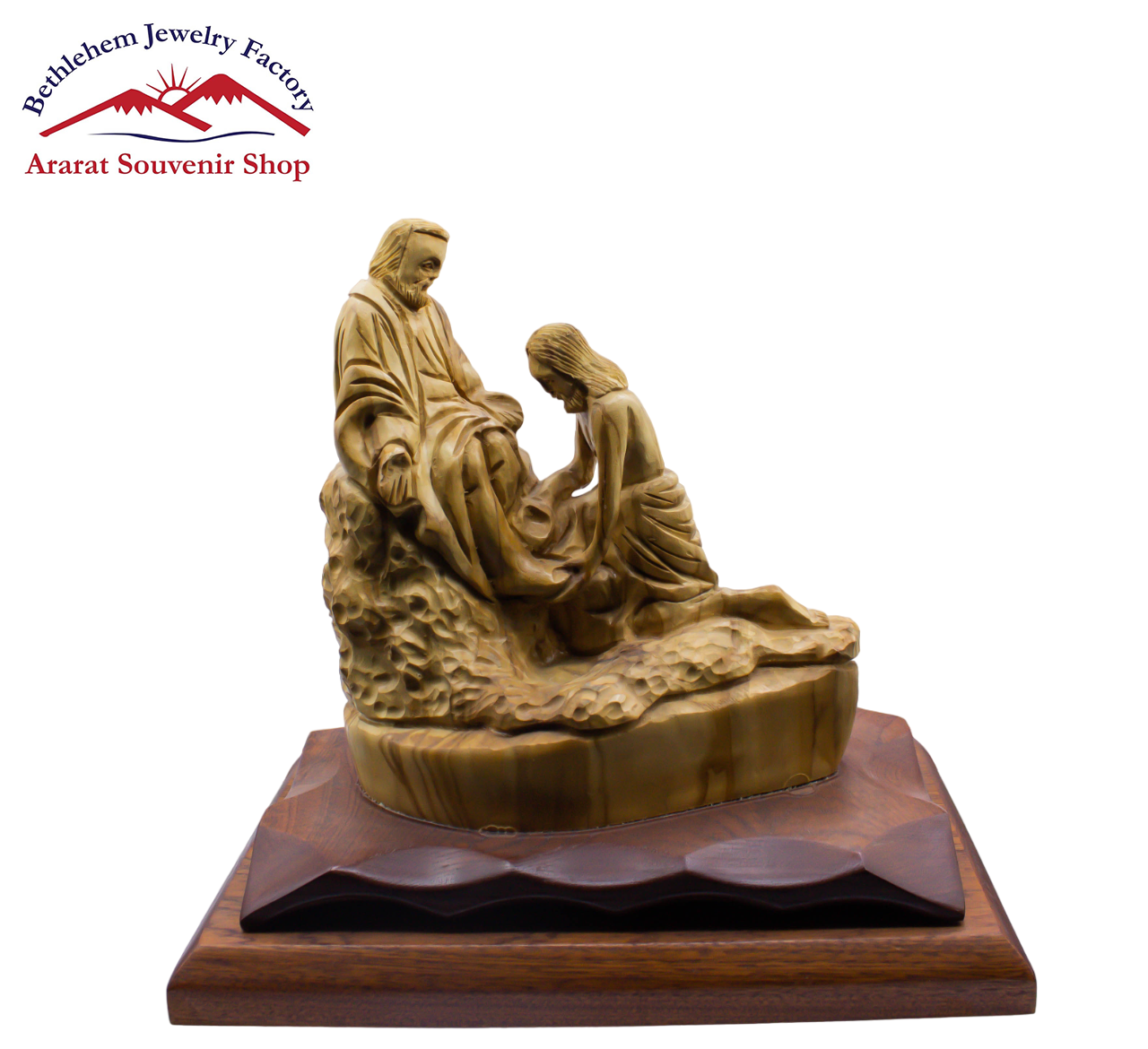


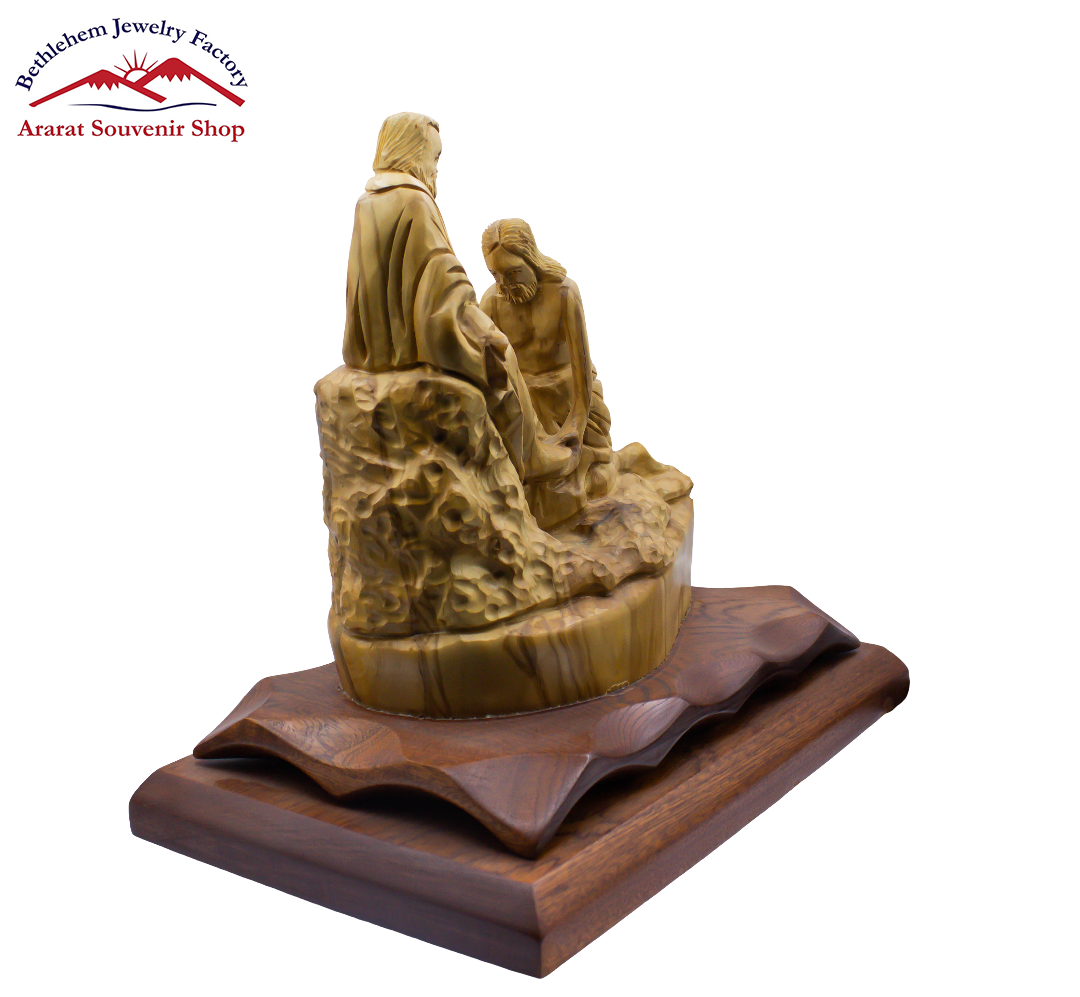
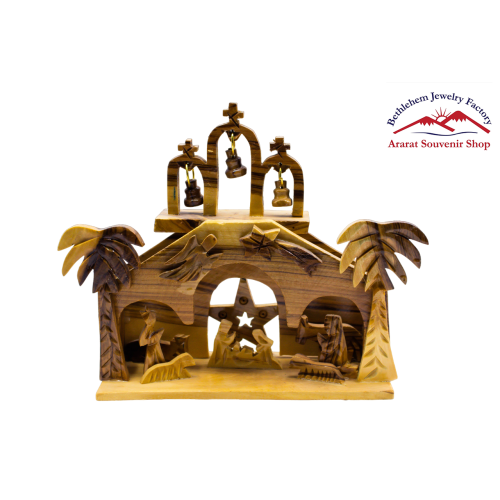
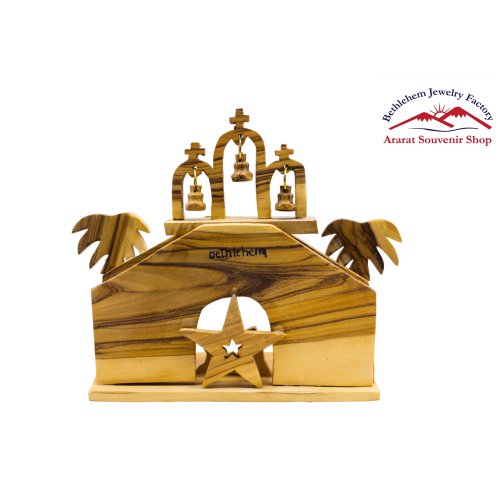

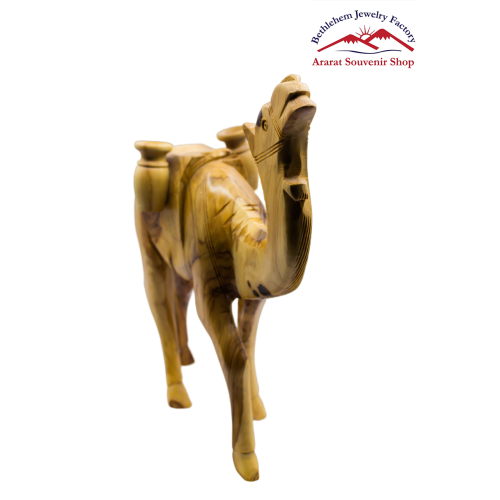




Reviews
There are no reviews yet.